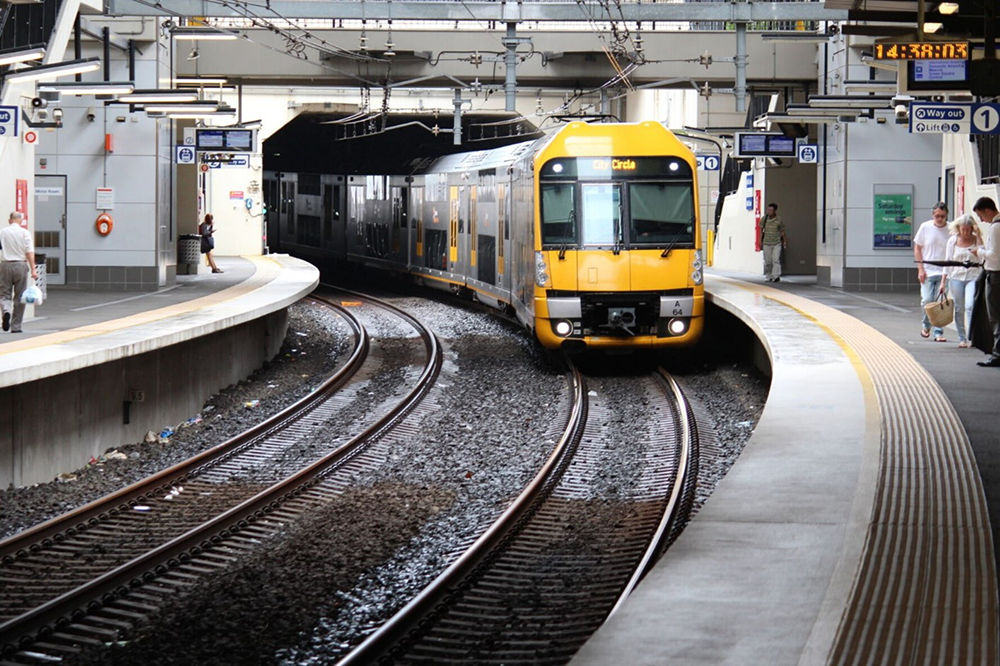The Importance of Operational Readiness and its Impact on a Project’s Success

At Network Rail Consulting (NRC), we passionately believe that Operational Readiness and early up-front planning with end users, will help to ensure projects successfully operationalise changes into the operational railway.
Operational Readiness, integration, collaboration, transparency, and trust are critical success factors to deliver Operational Readiness outcomes for a rail project.
What is Operational Readiness?
Operational Readiness refers to the transition phase in which an enterprise, its people, processes, technology, and systems are fully prepared to accept and operationalise the outputs and outcomes of a project. It’s a pivotal factor in determining the success or failure of a project.
As a project introduces change to an enterprise it needs a robust and well thought through change strategy and change plan coupled with strong project management. However, it is equally critical to have a robust and comprehensive Operational Readiness plan. This should be integrated into the project management schedule with operational risks identified, assessed, and mitigated as part of the project management plan. Ideally this should be developed as early as possible during the project and be created in collaboration with end users.
Governance and Accountability
It is critical that key decision makers and end users have accountability for the successful operationalisation of the project. The plan for mitigating the risk associated with this should be detailed in the Operational Readiness Plan. The Operational Readiness plan creation and its outputs should be tracked and monitored in the schedule. This provides verification that the project will be successfully operationalised to the governance group throughout the project lifecycle and in the lead up to go live.
From a project management perspective, preparing the Operational Readiness plan and risk assessment is a critical success factor to ensure that the project delivers the right outcomes and benefits, and that the change is sustainable.
Comprehensive and early upfront planning with the rail operator end users in the initial Business Case phase determines the operational requirements and can significantly reduce Operational Readiness risk. Ultimately this risk generally manifests as project delays and cost variations due to late scope changes from the end users if they are consulted late in the project development.
Robust governance and reporting supports the project manager and sponsor to ensure that risks are identified early and monitored to go live. Regular engagement and early assignment of accountability/responsibility for the Operational Readiness activities creates an open and collaborative space for people to share status and risks as the project progresses through the lifecycle phases.
Project Managers with change management skills can guide end users and their associated stakeholders through the transformation and ambiguity by adopting a structured approach to Operational Readiness. The goal is to foster acceptance and minimise resistance. End user ownership of the project significantly increases the probability of successfully realising the business benefits from the project.
It’s the people at the heart of the railway that must be ready to use the new systems, processes, technology, and new assets. It’s never too early to start understanding the change and engaging the end user to explain why the change is occurring. Giving an early explanation of what is changing, the cost of change (or cost not to change), how it will be accepted, who will be impacted, when the change will occur will significantly increase the ‘buy in’ for the end user and makes the project successful.
A project’s success starts at the early planning phases, and with the creation of the Strategic Business Case. Planning for Operational Readiness early alongside the strategic business case by engaging end users will help to ensure that the railway will see the benefits from the project.
Network Rail Consulting have subject matter experts with significant experience working in railways across Australia, Canada, Saudi Arabia, UK and USA. We have a unique skill set that can be drawn on to help the railway successfully operationalise changes into the operating environment to the end users.
Georgie Brocherie
Associate Director, Project and Program Management
Network Rail Consulting

